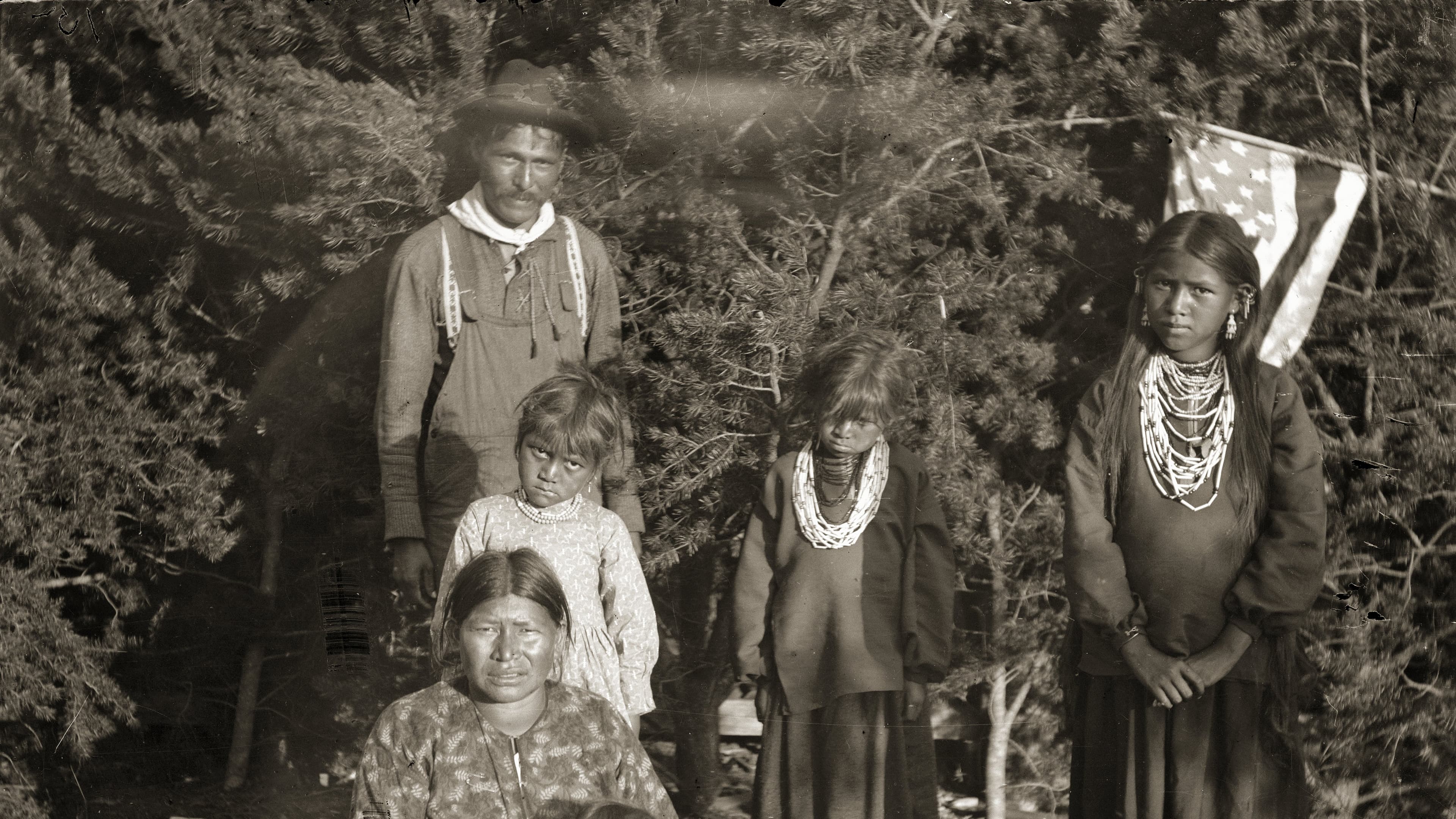With Congress’ passage of the Indian Citizenship Act, the government of the United States confers citizenship on all Native Americans born within the territorial limits of the country.
Before the Civil War, citizenship was often limited to Native Americans of one-half or less Indian blood. In the Reconstruction period, progressive Republicans in Congress sought to accelerate the granting of citizenship to friendly tribes, though state support for these measures was often limited. In 1888, most Native American women married to U.S. citizens were conferred with citizenship, and in 1919 Native American veterans of World War I were offered citizenship. In 1924, the Indian Citizenship Act, an all-inclusive act, was passed by Congress. The privileges of citizenship, however, were largely governed by state law, and the right to vote was often denied to Native Americans in the early 20th century.
